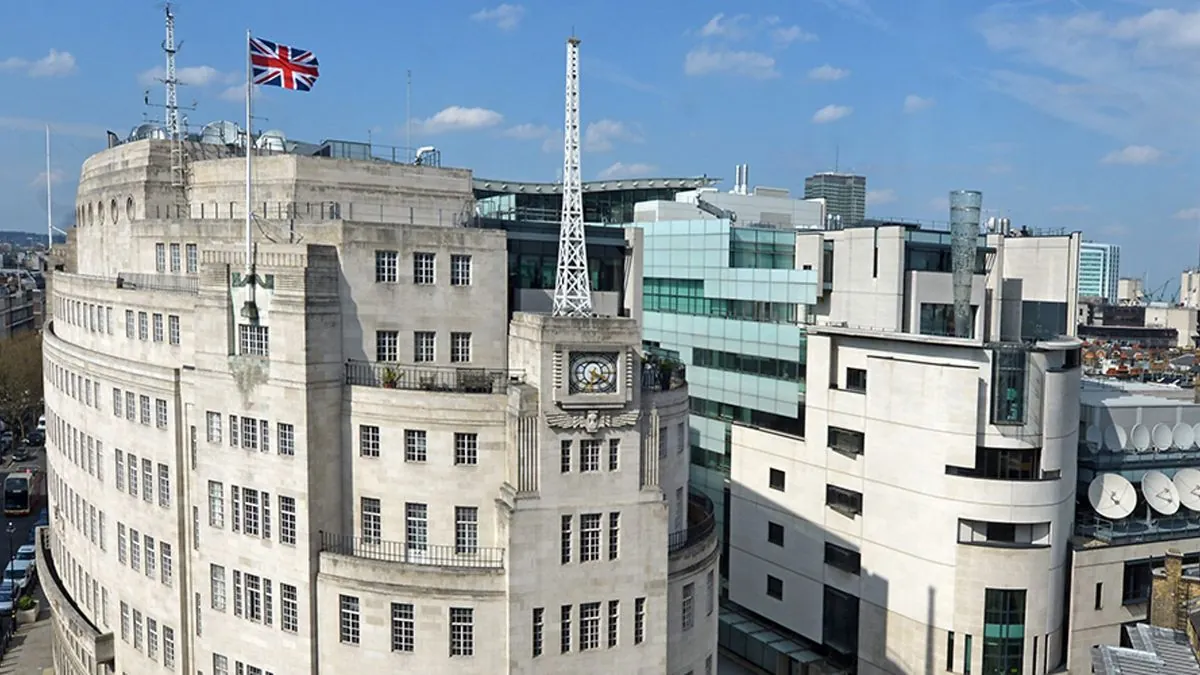The British Broadcasting Corporation (BBC) has come under scrutiny for its reluctance to label Hezbollah as terrorists in its Middle East conflict coverage. This approach, which aligns with the broadcaster's internal guidelines, has sparked controversy and criticism from various organizations.
According to BBC guidelines, journalists are instructed to use terms such as "militants" rather than "terrorists" when referring to groups like Hezbollah. The policy emphasizes the use of less emotionally charged language, opting for descriptors such as "gunmen" or "militants" instead. This approach extends to the corporation's coverage of the ongoing conflict between Israel and Hezbollah.
Critics, including the Campaign Against Anti-Semitism, have expressed concern over what they perceive as the BBC's resistance to using the term "terrorist". The organization's spokesperson highlighted the broadcaster's hesitation to directly label Hamas as terrorists following the October 7, 2023, attacks on Israel, which occurred approximately 11 months ago.
Hezbollah, founded in 1985 during the Lebanese Civil War, has been designated as a terrorist organization by several countries, including the United Kingdom and the United States. The group, whose name translates to "Party of Allah" in Arabic, operates as both a political party and a militant organization in Lebanon.
The BBC's reporting often describes Hezbollah as an "Iran-backed militia" or uses similar terminology. Some articles on the BBC website include a disclaimer stating that "Hezbollah is considered a terrorist organisation by the UK, the US and others," although this is not consistently applied across all reports.
In response to the criticism following the October 7 attacks, the BBC adjusted its approach to reporting on Hamas. The broadcaster began using phrases such as "terrorist group proscribed by the UK government" while still attributing the terrorism designation to external sources.
John Simpson, a veteran BBC journalist, defended the corporation's policy, stating: "Our business is to present our audiences with the facts, and let them make up their own minds."
It's worth noting that Hezbollah has a complex presence in Lebanon, operating an extensive social services network and maintaining a strong presence in the country's parliament and government. The organization's military wing is estimated to have tens of thousands of fighters, and it has been involved in various conflicts, including the 2006 Lebanon War with Israel.
The ongoing debate surrounding the BBC's reporting practices highlights the challenges faced by news organizations in maintaining objectivity while covering sensitive geopolitical issues. As the conflict in the Middle East continues to evolve, the role of language in shaping public perception remains a contentious topic.
"We regularly point out that the British and other governments have condemned Hamas as a terrorist organisation, but that's their business. We also run interviews with guests and quote contributors who describe Hamas as terrorists. The key point is that we don't say it in our voice."
As the situation unfolds, the BBC's approach to reporting on groups like Hezbollah and Hamas will likely remain under scrutiny, reflecting the broader discussion about the balance between journalistic neutrality and accurate representation of complex geopolitical realities.
